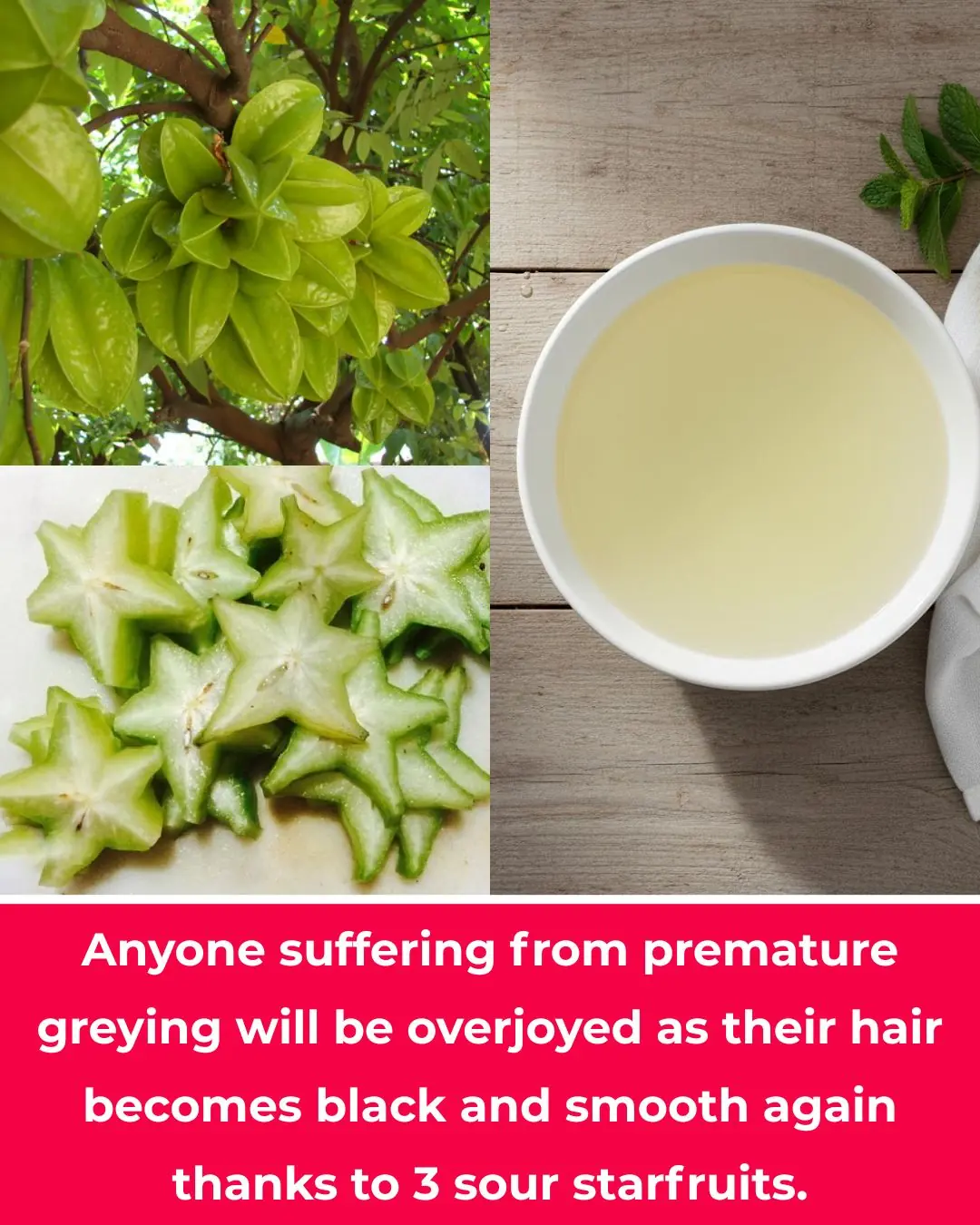
Smart people's tips to help save half of the monthly gas bill, and a clean kitchen requires less cleaning

🔥 Smart Cooking Tips to Save Gas and Cook More Efficiently
1. Use Pots and Pans That Match the Size of the Burner
Using a pot that’s too large or too small for your gas stove burner can waste energy. When the flame escapes around the sides of the pot instead of heating its bottom, much of the heat is lost. Always choose cookware that fits neatly within the burner’s flame ring.
If you’re cooking for a small family, use smaller pots or cook smaller portions at a time. For larger families, use bigger pots or cook in batches—but keep the flame level just right for the pot’s base. Doing so reduces heat loss, helps food cook faster, and keeps flavors rich and well balanced.
A simple rule: the flame should never reach past the edges of your pot or pan.
2. Adjust the Flame to Fit the Pot’s Bottom
Turning the flame too high won’t make your food cook faster—it only wastes gas and increases the risk of burns. Adjust the knob so that the flame touches only the bottom of the cookware. This ensures maximum heat efficiency and even cooking.
If the flame spreads too wide, it mainly heats the air around your pot instead of the food inside it. Keeping the flame moderate not only saves gas but also helps prevent overcooking or burnt food, ensuring a better taste and texture.
3. Stay Focused While Cooking
Many people multitask while cooking—scrolling through their phones or chatting—without realizing how much gas they waste. Getting distracted can lead to overcooked or burnt food, or even dangerous spills when liquids overflow onto the burner.
Stay focused while you cook to finish faster and more efficiently. You’ll not only save gas but also avoid damaging your stove’s ignition ring with spilled soup or oil. Consider preparing all ingredients in advance so you can cook continuously without interruptions.
4. Clean Your Gas Stove Regularly
A clean stove is a long-lasting and energy-efficient stove. Dirt, food residue, or rust can block the gas outlets, leading to uneven flames and higher gas consumption. Make it a habit to wipe your stove after every use.
Keep a small cloth near the stove—whenever you see food splatter, clean it right away. Regular cleaning prevents rust, ensures even blue flames, and keeps your kitchen hygienic. If you notice your burner turning yellow or red, it’s a sign it needs a deep cleaning or maintenance check.
5. Turn Off the Gas Cylinder After Cooking
Always close the main gas valve after you finish cooking. Escaping gas doesn’t just waste energy—it also harms your health and the environment, especially in enclosed spaces.
The correct order is: first turn off the valve on the gas cylinder, then turn off the stove knob. This method ensures no leftover gas leaks into your home. It’s a crucial step to prevent accidents, such as fires or explosions, and to maintain a safe, healthy living environment for you and your family—especially if there are children or elderly people around.
6. Plan Your Cooking Sequence Wisely
To avoid repeatedly turning your stove on and off, plan your cooking steps beforehand. Prepare all ingredients, chop vegetables, and marinate meat before lighting the burner. Continuous cooking saves time, prevents unnecessary gas waste, and keeps your kitchen air clean.
If you need to cook multiple dishes, organize them by cooking time—start with those that require higher heat, then move to lighter dishes that need simmering. This small habit can make your cooking routine smoother and more economical.
7. Use a Flame Guard to Reduce Gas Consumption
A flame guard, or heat shield, is a simple metal ring placed around the burner. It helps concentrate the heat beneath the pot, reducing gas waste and protecting you from stray flames.
In windy kitchens or open spaces, a flame guard is especially useful. It prevents heat from being blown away and helps your food cook evenly. It’s a small investment that pays off in both safety and savings.
8. Avoid Cooking Excess Food
Many people tend to add too much water or ingredients while cooking, then keep adjusting as they go. This not only affects the dish’s flavor but also prolongs the cooking time and wastes gas.
Plan the right portions and measure your ingredients carefully before cooking. You’ll save energy, avoid leftovers, and enjoy tastier, better-textured meals. Cooking smart is not just about saving gas—it’s about respecting your time, resources, and the food you make.
🌱 Final Thought
Cooking efficiently isn’t only about saving a few dollars on your gas bill—it’s also about building better habits that benefit your health, your kitchen, and the environment. By choosing the right cookware, maintaining your stove, and staying focused while you cook, you’ll notice a real difference in both your meals and your energy use.
Small changes in the kitchen today can lead to big savings tomorrow.
News in the same category

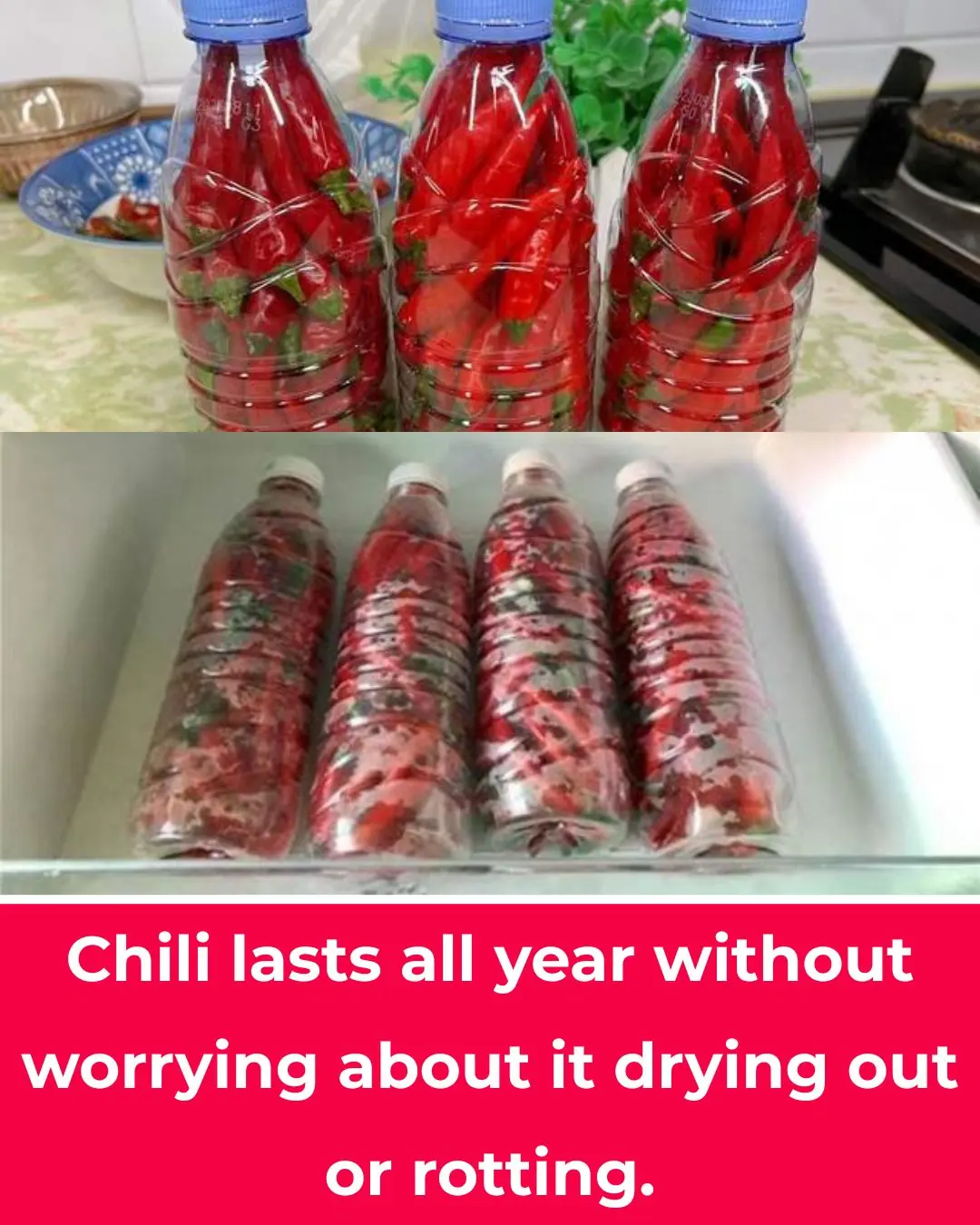
How to store chili peppers for several months so they stay as fresh as when picked, with plump flesh that doesn’t dry out and retains its flavor
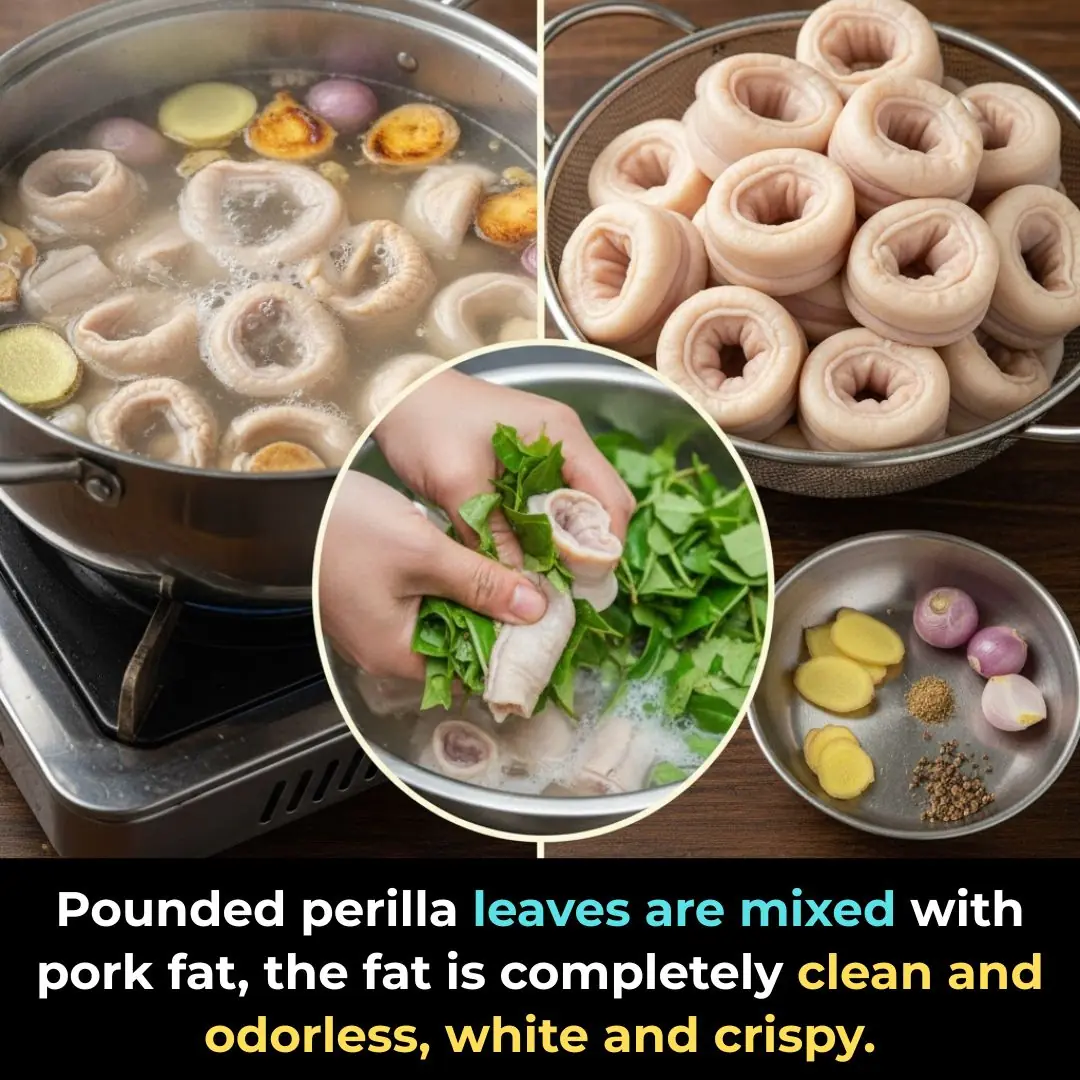
Pounded perilla leaves are mixed with pork fat, the fat is completely clean and odorless, white and crispy

10 strange but effective ways to freshen your home

I had no idea
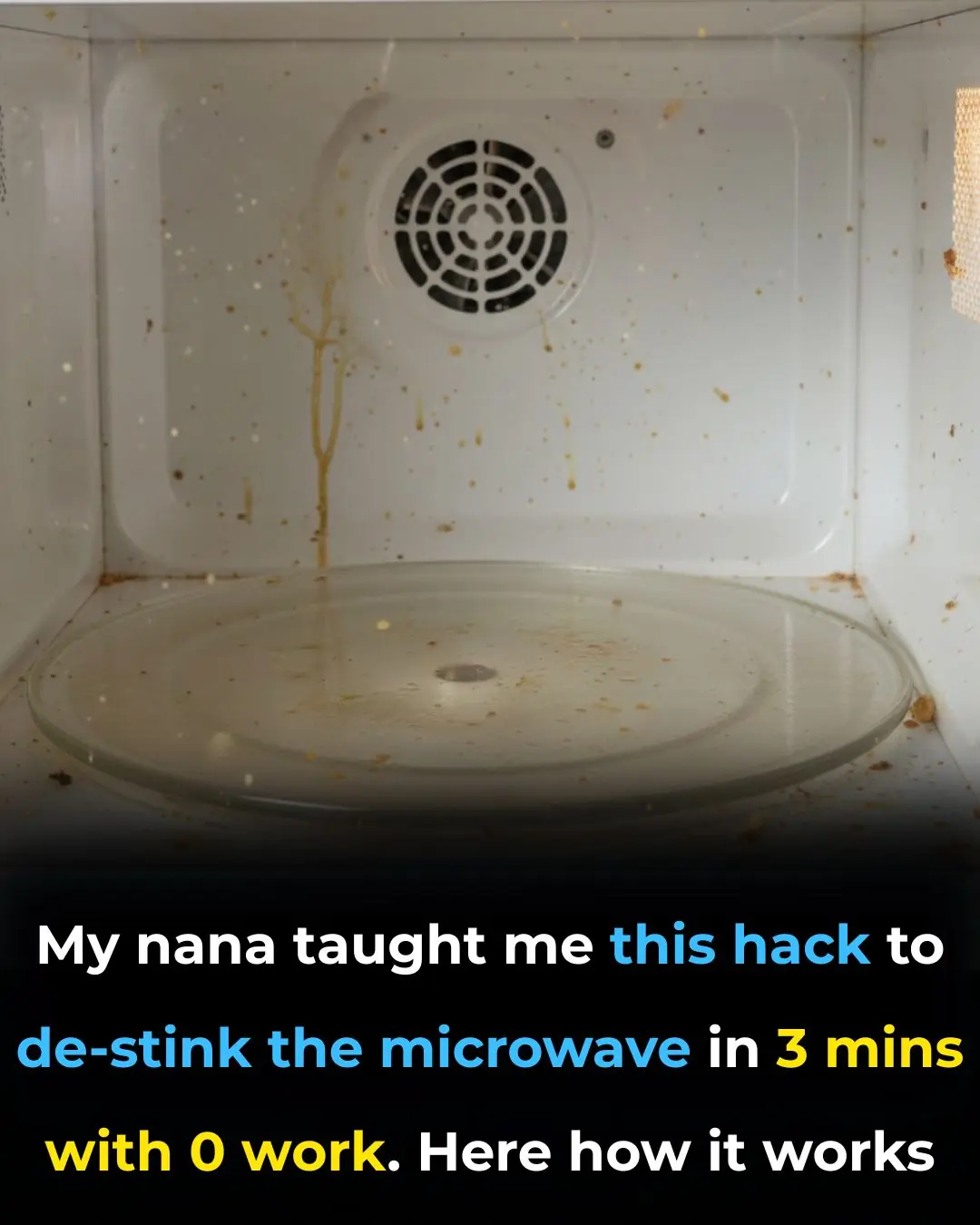
My nana taught me this hack to de-stink the microwave in 3 mins with 0 work. Here’s how it works

So clever

Machine-washed clothes are taken out wrinkled like rags: Before washing, do this step to flatten the clothes, saving you the trouble of ironing.
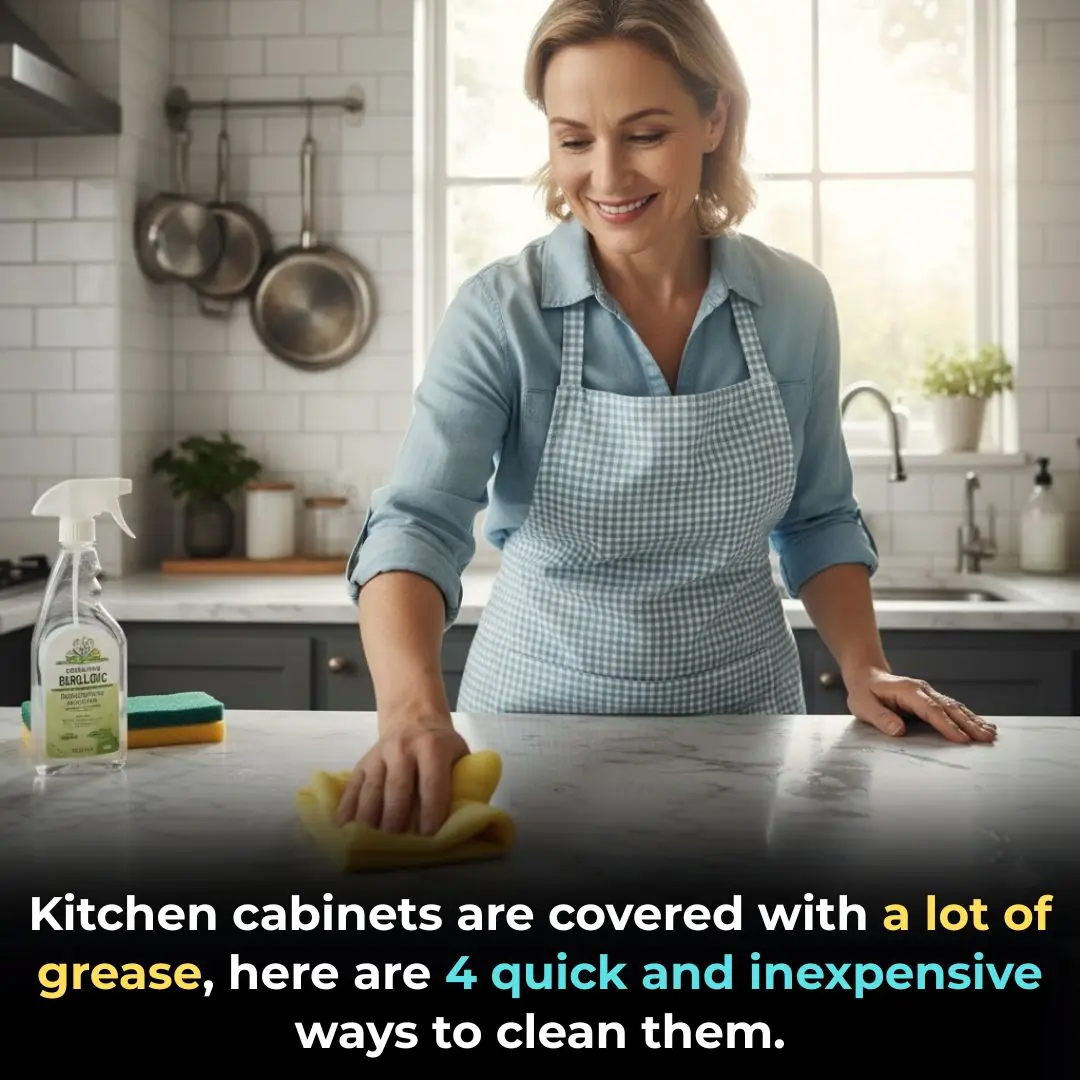
Kitchen cabinets are covered with a lot of grease, here are 4 quick and inexpensive ways to clean them.

The secret of smart chefs is to squeeze lemon into the frying oil pan, it turns out to have many great uses..

Don't use steel wool to scrub burnt pots and pans. Add a few drops of this and the pot will be as shiny as new.
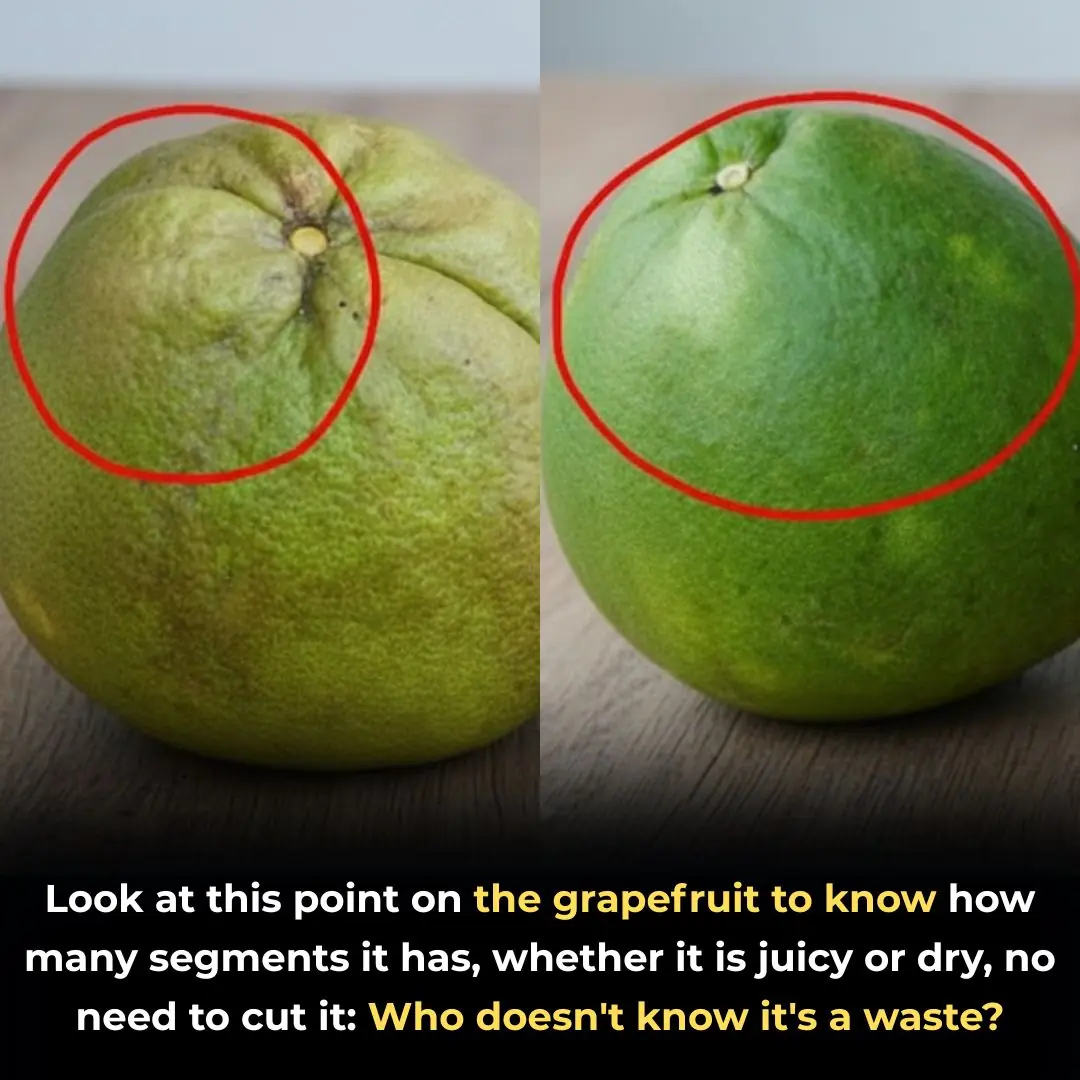
Look at this point on the grapefruit to know how many segments it has, whether it is juicy or dry, no need to cut it: Who doesn't know it's a waste?
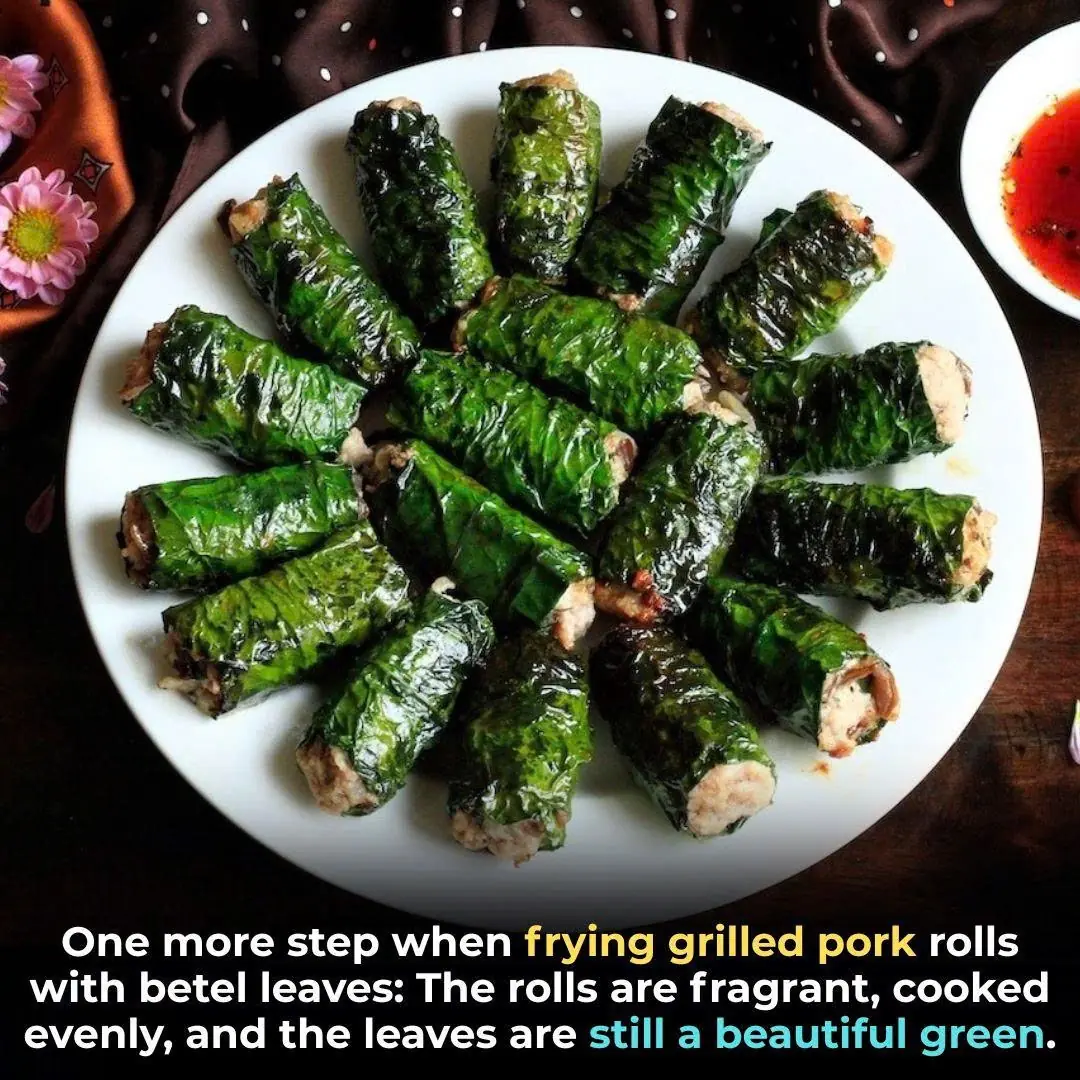
One more step when frying grilled pork rolls with betel leaves: The rolls are fragrant, cooked evenly, and the leaves are still a beautiful green.
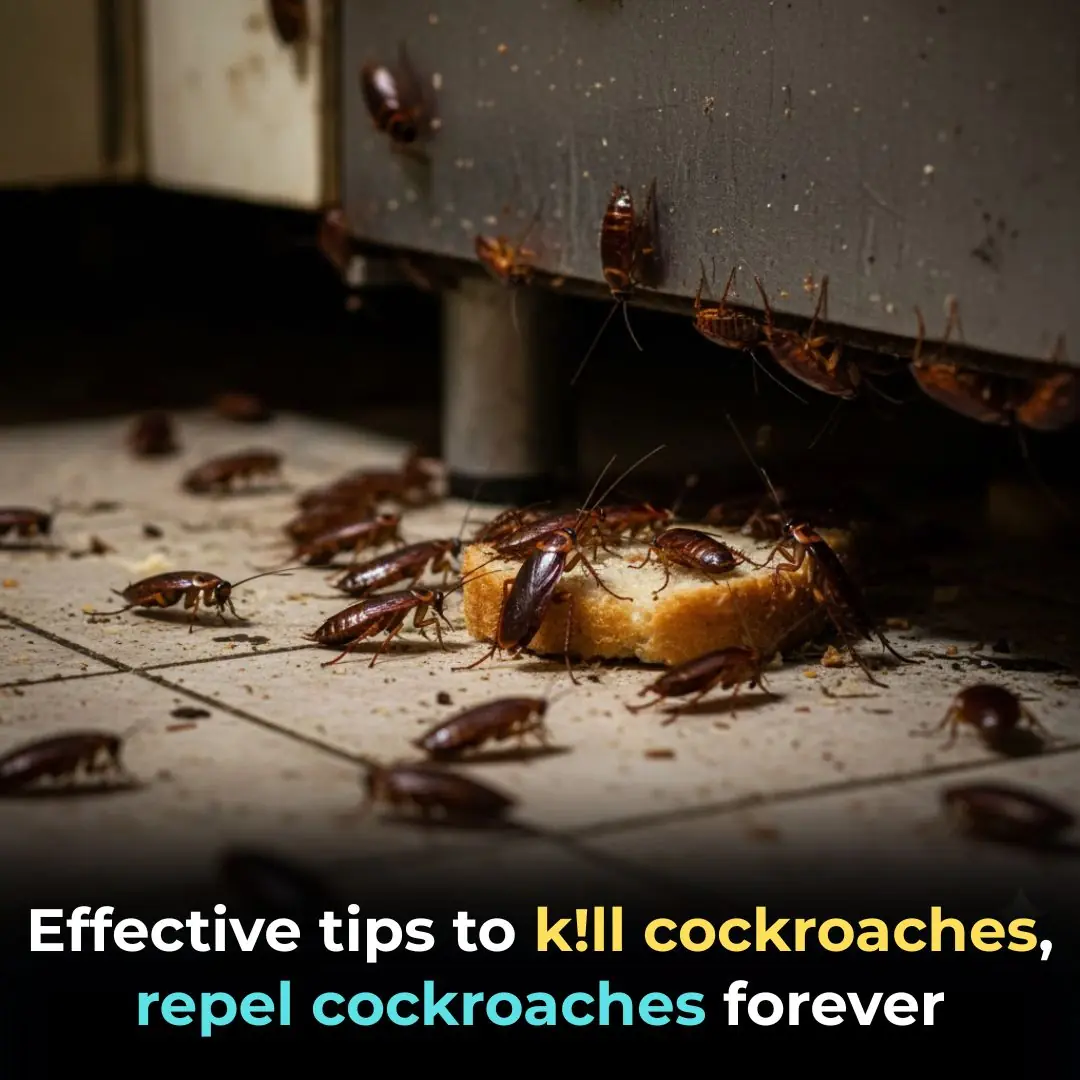
Effective tips to kill cockroaches, repel cockroaches forever

12 bizarre but brilliant ways to use aluminum foil at home

One more step when frying grilled pork rolls with betel leaves: The rolls are fragrant, cooked evenly, and the leaves are still a beautiful green.

Smart people's tips to help save half of the monthly gas bill, and a clean kitchen requires less cleaning

Effective tips to kill cockroaches, repel cockroaches forever

My nana swears by this 1 ingredient to get the cleanest windows ever
News Post

Treat early gray hair with a cheap blackening recipe using starfruit and potatoes!

7 tips to eliminate dangerous blood fat

How to store chili peppers for several months so they stay as fresh as when picked, with plump flesh that doesn’t dry out and retains its flavor

Pounded perilla leaves are mixed with pork fat, the fat is completely clean and odorless, white and crispy

10 strange but effective ways to freshen your home

I had no idea

Poor circulation? Simple foods that can get your blood moving again naturally

Count The Squares

Common Drinks That Can Be Bad for Your Liver

Do you sleep on your side? Here's the powerful effect one simple change can have on your body

My nana taught me this hack to de-stink the microwave in 3 mins with 0 work. Here’s how it works

So clever

Homemade Rice Water for Skin: Amazing Recipe for Glowing and Youthful Skin

Natural Botox Drops – Secret of Younger Looking Skin

DIY Flaxseed Gel for Glowing Skin: The Natural Solution to Hydrated and Youthful Skin

Easy Recipe to Make ABC Collagen Ice Cubes at Home: The Secret to Glowing, Firm Skin

DIY Turmeric Gel For Ageless Skin: Unlock the Secrets of Radiant and Youthful Complexion

Add This in Your Hair Oil for Healthy, Lustrous Hair

The Ultimate Guide to Homemade Carrot Oil for Glowing, Youthful Skin
